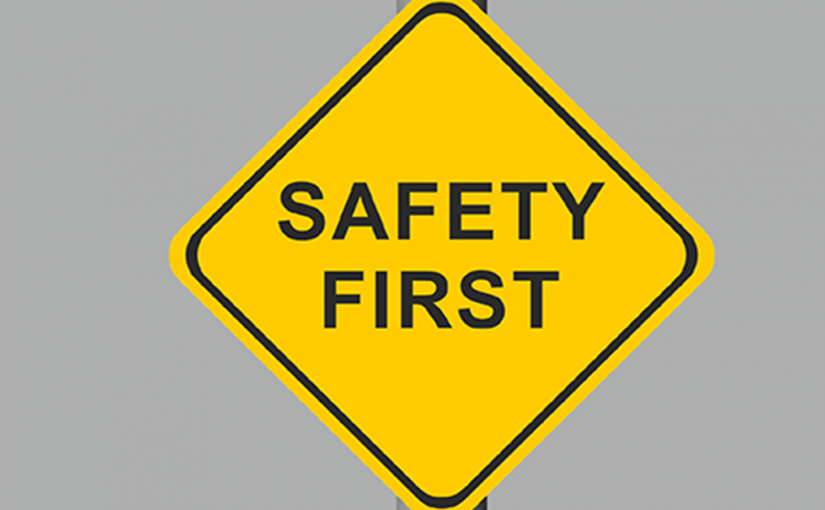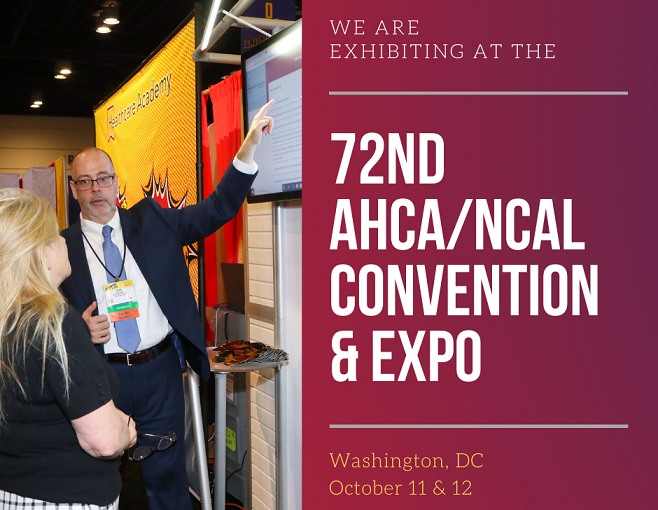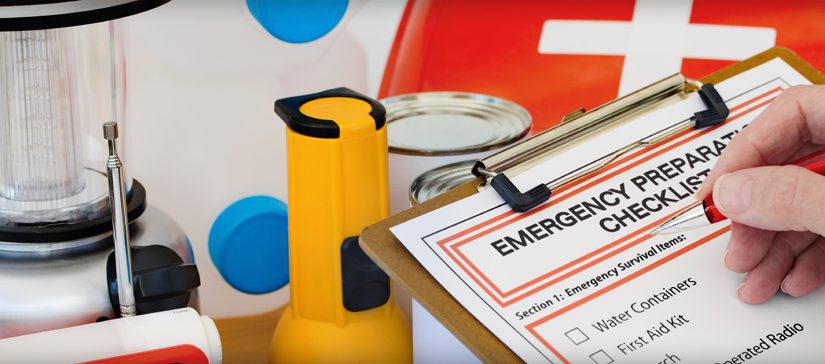- Two fewer deficiencies on average (5.71 citations versus the 7.55 national average in last cycle)
- Fewer Immediate Jeopardy (IJ) citations (1.60 versus the 2.27 national average)
- More stars — nearly twice as likely to be a CMS 5-Star facility (50% versus the 28% national average)
- Significantly lower re-hospitalization rates over the previous six years
- Significantly lower rates of off-label use of antipsychotics over the previous five years
- Significantly higher average SNF Value Based Purchasing scores (44.17 versus 34.42 for the nation). Higher SNF VBP Score = Higher Medicare Part A reimbursement rates.
Tag: GeroNursePrep.com
CMS Issues Letter on the Importance of COVID-19 Staff Vaccinations
Today, the Centers for Medicare and Medicaid Services Administrator Chiquita Brooks-LaSure issued a letter to health care facility administrators on the importance of COVID-19 staff vaccinations and the current CMS requirements. CMS recommends that facilities review the vaccine rule guidance released on December 28, 2021; January 14, 2022; and January 20, 2022 for additional information.
https://www.cms.gov/files/document/health-care-facility-administrator-covid-19-vaccine-letter.pdf
CMS Adds Staffing Measures to Five Star Rating System
- Weekend Staffing: The level of total nurse (RN, LPN & CNA) and registered nurse (RN) staffing on weekends provided by each nursing home over a quarter. This will be reported as average hours worked per resident per day on weekends.
- Staff Turnover:
- The percent of RN staff that left the facility over the last year.
- The percent of total nurse staff that have left the facility over the last year.
- The number of administrators that have left the facility over the last year.
Find out more at https://bit.ly/3Ai2VLo
RN Huddle – Treat the Nurse Part 2
In this podcast, we welcome back Ashleigh Boyd. Ashleigh founded the “Treat the Nurse” program, found at https://www.treatthenurse.com, to help nurses with burnout and compassion fatigue. In this episode Ashleigh is once again joined by host Heidi Keeler and they are focusing not only on burnout but also secondary stress and how to (once again) combat it.
Nurses, that self-care is important and remember to take care of yourselves as well as you take care of your patients. Keep up the good work and we can’t wait to keep you up-to-date on everything nursing in 2022!!
New Year – New Beginnings!
Is 2022 the year you’ve decided to become ANCC board certified? If so, take the proven path to preparing for the gerontological board certification exam – AHCA/NCAL Gero Nurse Prep!
Find out more at https://www.geronurseprep.com/
Keep Safety and Compliance in Mind When Decorating for the Holiday
- Combustible decorations are only permitted if they are flame retardant or when they are in limited quantities such that the hazard of fire development and spread is not present. For example, a handful of holiday cards attached to a door can be considered a limited quantity. A door completely covered with holiday cards could be considered excessive. Section 19.7.5.6 of the 2012 edition of the Life Safety Code® outlines the combustible decorations requirements in detail.
- Live Christmas trees are not permitted. Living trees in a balled condition with their roots protected in soil shall be permitted if they are maintained in a fresh condition and not allowed to become dry.
- Artificial Christmas trees are only permitted if they are labeled or identified as “flame retardant” or “flame resistive”. There are products that can be applied to artificial trees to meet this requirement.
- Use only UL listed holiday lights and wiring.
- Do not visually block egress, exit signage or any fire safety equipment with decorations. This includes fire alarm pull stations, visual fire alarm notification devices and fire extinguishers.
- Do not hang decorations from sprinkler heads.
- Do not use flame producing decorations including candles.
- Do not use extension cords to power decorations.
AHCA/NCAL’s Premier Gerontological Nurse Training On Sale Now!
- Two fewer deficiencies on average (5.71 citations versus the 7.55 national average in last cycle)
- Fewer Immediate Jeopardy (IJ) citations (1.60 versus the 2.27 national average)
- More stars — nearly twice as likely to be a CMS 5-Star facility (50% versus the 28% national average)
- Significantly lower re-hospitalization rates over the previous six years
- Significantly lower rates of off-label use of antipsychotics over the previous five years
- Significantly higher average SNF Value Based Purchasing scores (44.17 versus 34.42 for the nation).
Quality Trained RN’s Increase Quality Outcomes!
RNs who take the 30-hour on-line Gero Nurse Prep course dramatically increase their gerontological nurse competency scores. Find out more, visit booth 804 or go to our website at https://www.geronurseprep.com/
September is National Preparedness Month
AHCA/NCAL provides information and resources to help members respond to an emergency in a timely, organized, and effective manner. Find out what you need to know at https://www.ahcancal.org/Survey-Regulatory-Legal/Emergency-Preparedness/Pages/default.aspx
Develop Nurses’ Clinical Skills to Enhance Care
The article from Provider magazine discusses how clinical leaders can train nurses in various stages of growth through briefs and follow-through tutoring during resident assessments.








